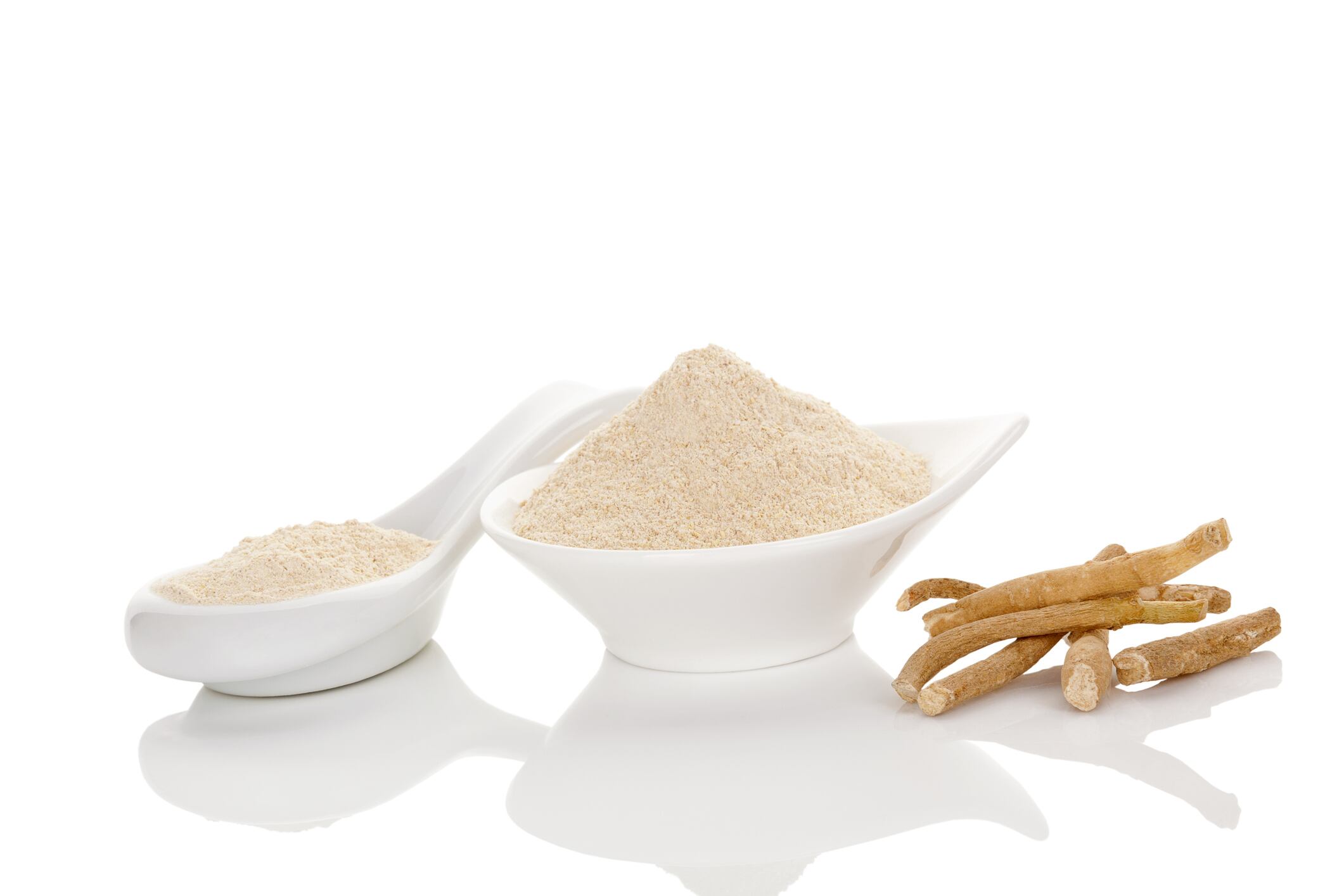According to a 2013 paper in the Journal of Clinical Sleep Medicine, non-restorative sleep (NRS) is defined as, “the subjective feeling that sleep has been insufficiently refreshing, often despite the appearance of physiologically normal sleep”.
It is reported to affect about 10% of people worldwide and is associated with fatigue, lower cognitive function, and a reduced quality of life (QOL).
While previous studies have reported benefits from ashwagandha for sleep, a new study with 150 healthy subjects taking either the Shoden-brand of ashwagandha or placebo is reportedly the first to look at ashwagandha on non-restorative sleep.
Data published in Sleep Medicine indicated that six weeks of supplementation with a standardized ashwagandha extract (Shoden) may significantly improve the overall quality of sleep, and boost quality of life.
“The ashwagandha extract used in this study can be considered as a useful supplement to promote healthy sleep patterns, and restful sleep,” wrote researchers from the International Institute of Sleep Sciences (IISS) in Maharashtra, India and the Amala Institute of Medical Sciences in Kerala, India.
Shoden ashwagandha is produced by Arjuna Natural Private Ltd., and the company partially sponsored the new study. NutriScience Innovations is the exclusive distributor of Shoden in the US, Canada and Mexico.
“Gaining a lot of interest”
“The Shoden sleep study has gained a lot of interest because of its focus on non-restorative sleep, which has become a key area of interest for emotional well-being,” Michael Lelah, PhD, NutriScience’s Chief Science Officer, told NutraIngredients-USA.
“And with our stress and anxiety study makes Shoden a top-level ingredient for emotional well-being.
“We are positioning Shoden as the ‘world’s most bioactive ashwagandha’ and this is not just marketing hype, but it’s because Shoden has more bioactives (35% withanolide glycosides) than the other leading brands,” he added.
Study details
According to a monograph from the American Herbal Pharmacopoeia (AHP), the herb has a history of use in ayurvedic medicine that dates back as much as 4,000 years to the teaching of renowned scholar Punarvasu Atreya, and in subsequent works that make up the ayurvedic tradition. The name of the herb derives from Sanskrit, and means “smells like a horse”, which refers to the strong smell of the root which is said to be redolent of horse sweat or urine.
One hundred and fifty healthy subjects scoring high on non-restorative sleep measures were given 120 mg of the standardized ashwagandha extract (providing 42 mg per day of withanolide glycosides) or placebo for six weeks.
Results showed that, for the 144 subjects who completed the study, participants in the Shoden group self-reported a 72% improvement in sleep quality, compared to 29% in the placebo group.
In addition, activity monitoring data revealed that the ashwagandha group showed statistically significant improvement in sleep efficiency, total sleep time, sleep latency, and wake after sleep onset, compared to placebo.
Improvements in scores for quality of life (QOL) relating to physical, psychological, and environment domains were also observed for the ashwagandha.
“Improving sleep may be related to a reduction in stress and specifically a reduction in the stress hormone cortisol, which can disrupt the natural balance of the body,” wrote the researchers. “Previous studies have found that ashwagandha can reduce cortisol levels. In this study, the treatment could have improved sleep quality by decreasing cortisol and stress levels, although these measures were not included in the study.”
Plus benefits for stress & anxiety
Reductions in cortisol levels were reported in an earlier trial using the same ingredient (but at a daily dose of 240 mg).
Data published in Medicine in September 2019 indicated that ashwagandha supplementation was associated with significant reductions in morning cortisol levels, compared to the placebo group.
“These findings suggest that ashwagandha's stress-relieving effects may occur via its moderating effect on the hypothalamus-pituitary-adrenal axis,” concluded this earlier study’s authors.
Emotional well-being
Consumers are reported to be looking for stress management formulations in increasing numbers, and NutriScience’s Dr Lelah confirmed that his company is seeing interest in emotional wellbeing and specifically sleep and stress management. “No brands yet but coming soon,” he added.
Sources
Sleep Medicine
August 2020, Volume 72, Pages 28-36, doi: 10.1016/j.sleep.2020.03.012
“A randomized, double blind, placebo-controlled study to evaluate the effects of ashwagandha (Withania somnifera) extract on sleep quality in healthy adults”
Authors: A. Deshpande et al.
Medicine
September 2019, Volume 98, Issue 37, Page e17186, doi: 10.1097/MD.0000000000017186
“An investigation into the stress-relieving and pharmacological actions of an ashwagandha (Withania somnifera) extract - A randomized, double-blind, placebo-controlled study”
Authors: A.L. Lopresti, et al.



